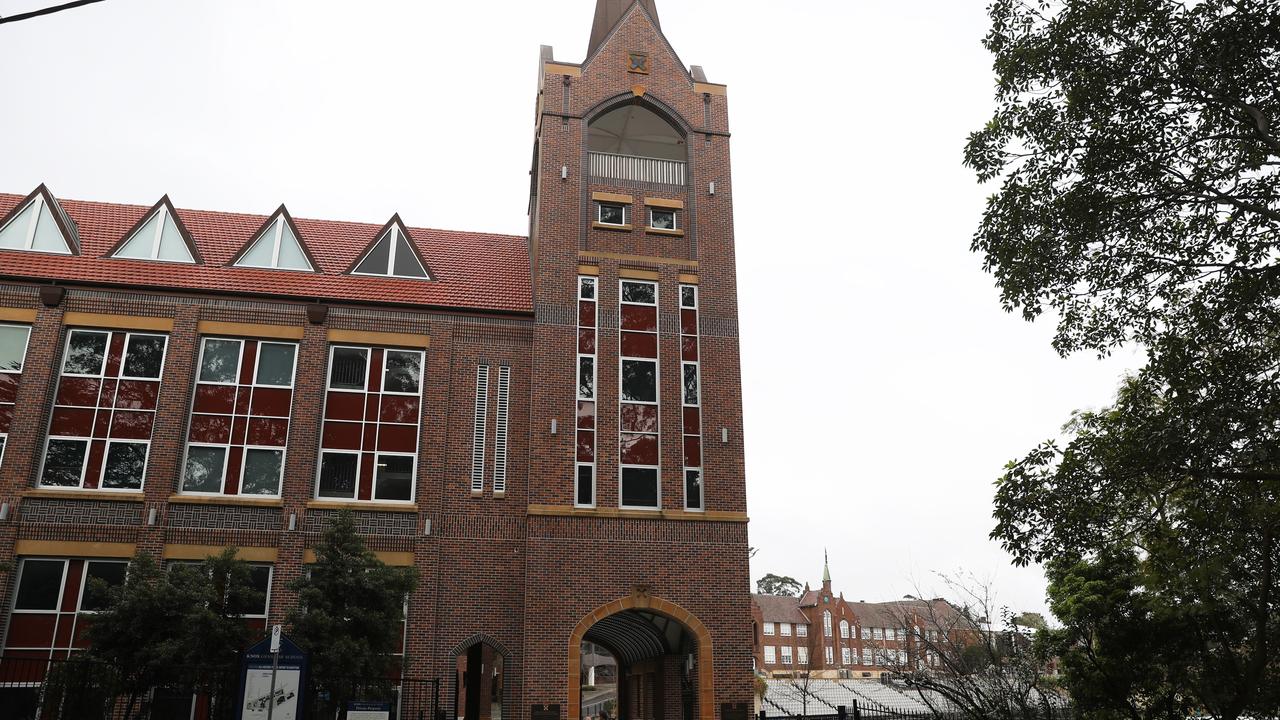More migrant students making the grade than Australian-born kids
Migrant students are achieving baseline academic results in greater numbers than Australian-born students.

Migrant students, particularly those from India, China and The Philippines, are achieving baseline academic results in greater numbers than Australian-born students, bucking international trends, according to a new report.
Australia has been ranked seventh out of 64 nations for the “academic resilience” of its migrant students, according to the latest OECD migrant education review, which also found first or second-generation migrants were more likely to report a strong sense of belonging at school, more ambitious career aspirations and lower rates of bullying.
The report reflects last year’s NAPLAN results that revealed children from migrant families had outperformed native English speakers in parts of the national standardised test.
According to the report “The Resilience of Students with an Immigrant Background”, 73 per cent of Australian migrant students were deemed “academically resilient”, significantly higher than the OECD average of 54 per cent. The top-performing country was Singapore, with 91 per cent, followed by the Macao region of China, Hong Kong and Canada.
Australia was ranked ahead of New Zealand (71 per cent), Britain (66 per cent), the US (58 per cent), Germany (57 per cent) and Finland (50 per cent).
According to the report, students with a migrant background tend to underperform in school.
“This is particularly true of first-generation immigrant students (foreign-born with foreign-born parents),” it says. “On average across OECD countries, as much as 51 per cent of first-generation immigrant students failed to reach baseline academic proficiency in reading, mathematics and science, compared with 28 per cent of students without an immigrant background.
“Immigrant students were at least twice as likely as native students to fail to achieve baseline levels of academic proficiency in Austria, Belgium, Denmark, Finland, Germany, Iceland, Japan, Luxembourg, Slovenia and Switzerland. By contrast, immigrant students in Australia, Canada and Hungary were as likely as native students to fail to achieve baseline academic proficiency.”
Not only were Australian migrant students on par with native-born students academically, they were more likely to have ambitious career expectations, with almost 70 per cent of migrant 15-year-olds expecting to complete a university degree compared with less than 50 per cent of native-born students.
Migrant students also reported greater sense of belonging to their school communities, particularly if they had arrived in the country before the age of 12, and were less likely to claim that they had been the victims of bullying. While migrant students from India, China and The Philippines performed well academically, those from England, New Zealand and Scotland were less likely to achieve baseline academic proficiency.



